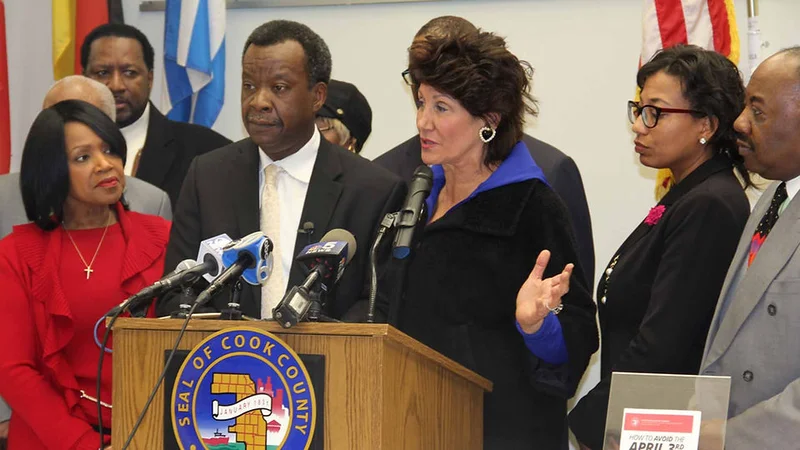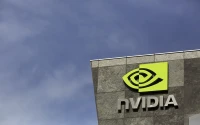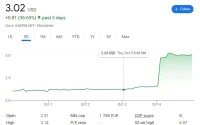Cook County's Tax Tango: Late Bills and Political Footwork
Cook County residents are once again caught in the annual property tax two-step, but this year's dance is a bit off-beat. The second installment of 2024 property tax bills, typically due in early August, is now slated for December 15th. That's nearly a four-month delay, attributed to an "overhaul of the county’s property tax system." Overhaul is putting it mildly.
What does this delay really mean? It's not just a matter of shuffling dates on a calendar. A delay of this magnitude throws off the entire financial ecosystem of Cook County. Think of it like a traffic jam on the Eisenhower – it doesn't just affect the cars immediately involved; it creates ripple effects throughout the entire city.
The Blame Game: Who's Holding the Checkbook?
The delay hasn't gone unnoticed, especially by those eyeing Toni Preckwinkle's seat. Ald. Brendan Reilly (42nd Ward) is using the situation to fuel his primary challenge. Cook County Assessor Fritz Kaegi is also catching flak, even though the issues reportedly lie elsewhere. And then there's Cook County Treasurer Maria Pappas, who, while criticizing the delays, might just be angling for a mayoral run in 2027. (It's always election season, isn't it?)
Pappas is also pushing her Third-Party Notification program, which allows residents to designate someone to receive delinquency notices. This seems like a reasonable safeguard, especially for seniors or those with health issues. The program has been running since 2005, and while it might seem like a small thing, it could prevent some serious headaches down the line. It's a bit like having a co-pilot – someone to double-check that you haven't missed a critical notification. More information on this program can be found in Third-party notices tell you if a relative or anyone you know misses a tax payment.

The real question is: why the "critical overhaul" in the first place? Preckwinkle's statement mentions the "technological backbone" of the property tax system. Details on why the decision was made remain scarce, but the impact is clear. This wasn't a minor upgrade; it was a full-scale system replacement, and it sounds like the execution left something to be desired. Was there a proper cost-benefit analysis done beforehand? And if so, where are the projections of efficiency gains that justified this disruption?
Looking Ahead: A Month to Breathe?
The first installment of 2025's tax bills will be due no sooner than April, a month later than usual, thanks to a new state law. The idea is to give property owners more breathing room between payments. Will this actually help? It depends on the underlying problem. If the issue is simply a matter of timing, then yes, an extra month might alleviate some pressure. But if the problem is deeper – if people are struggling to afford their property taxes in the first place – then a one-month delay is just a band-aid on a much larger wound.
I've looked at hundreds of these local government initiatives, and this "breathing room" smells of political expediency more than genuine fiscal relief.
The NPV (Net Present Value) cited in one of the source articles is 19. While I lack context for what is being referred to specifically, this is a good example of how numbers can be used to obfuscate rather than clarify. Nineteen what? Dollars? Cents? The number alone is meaningless without proper context and units.










